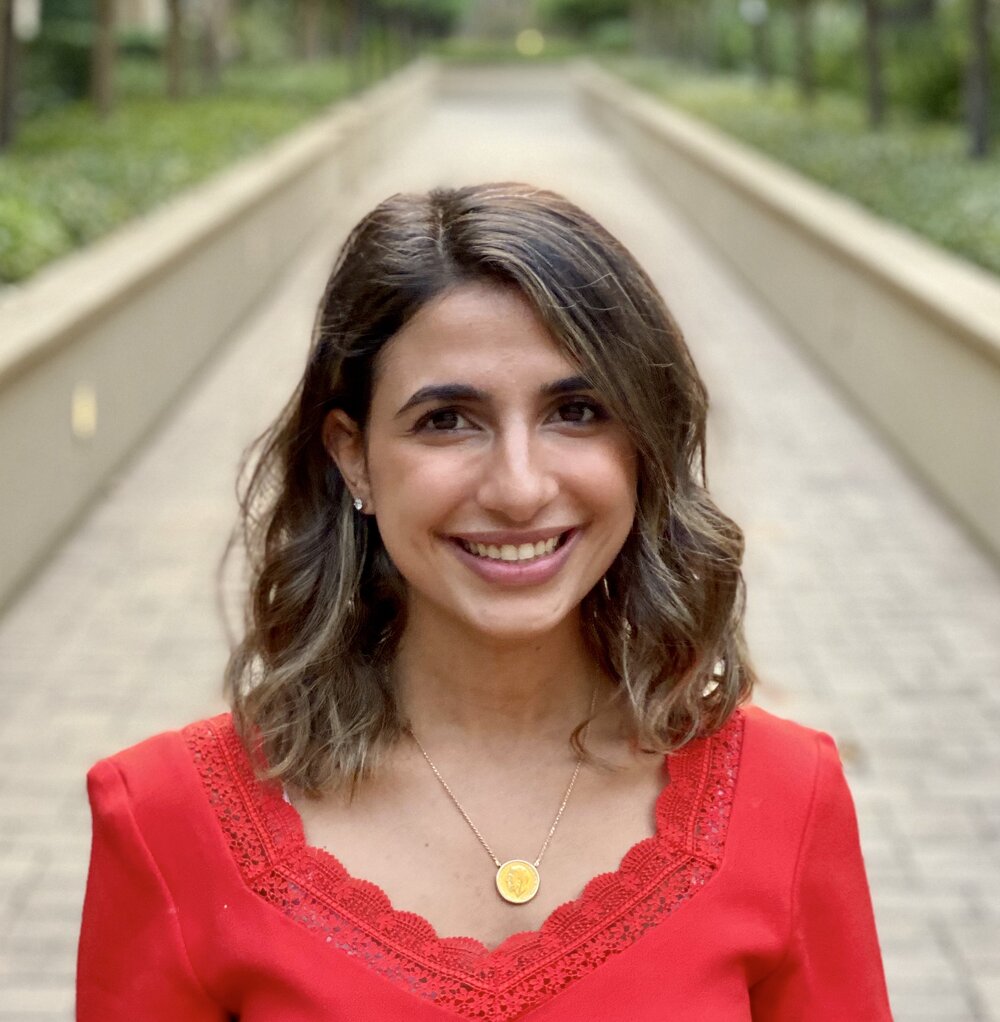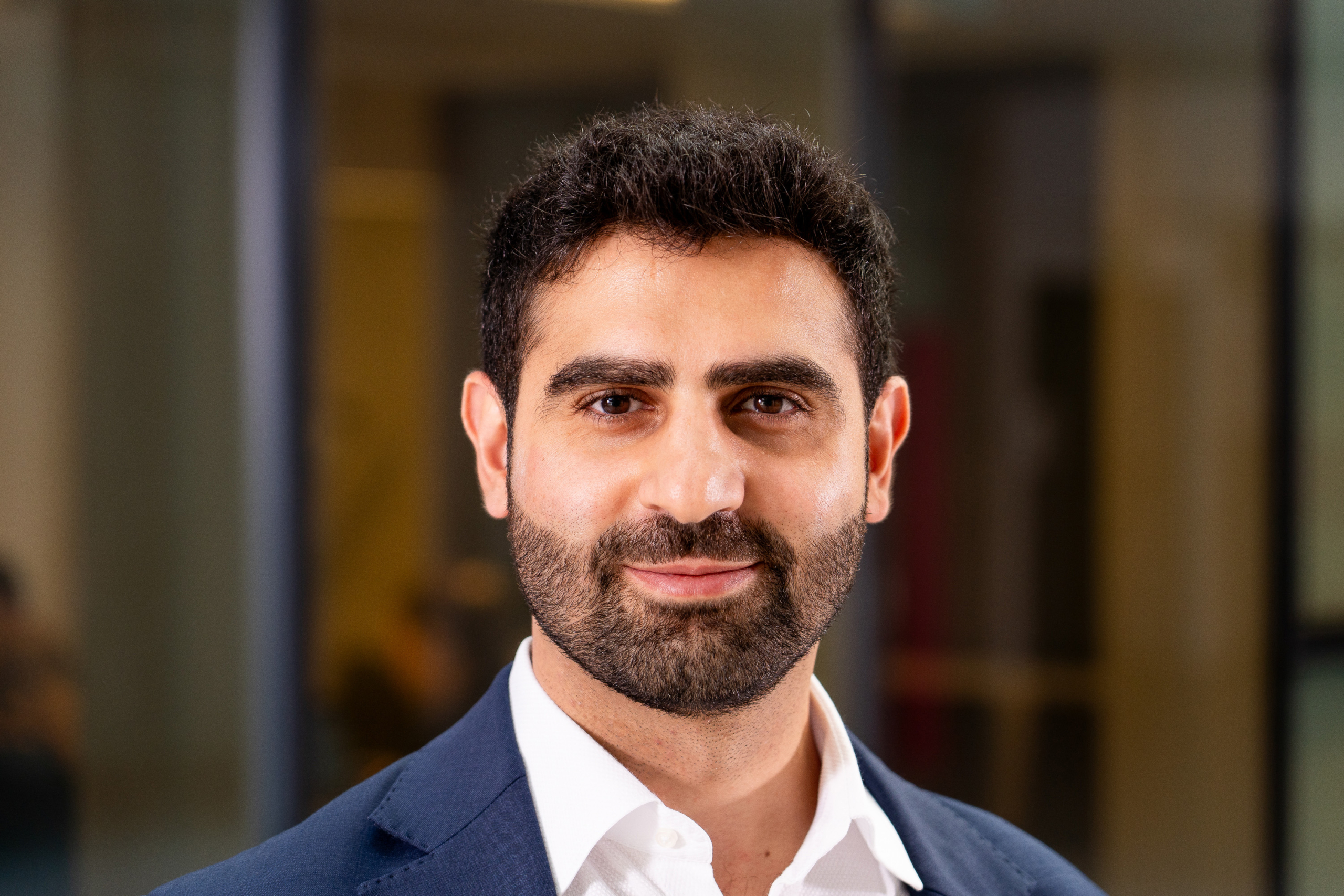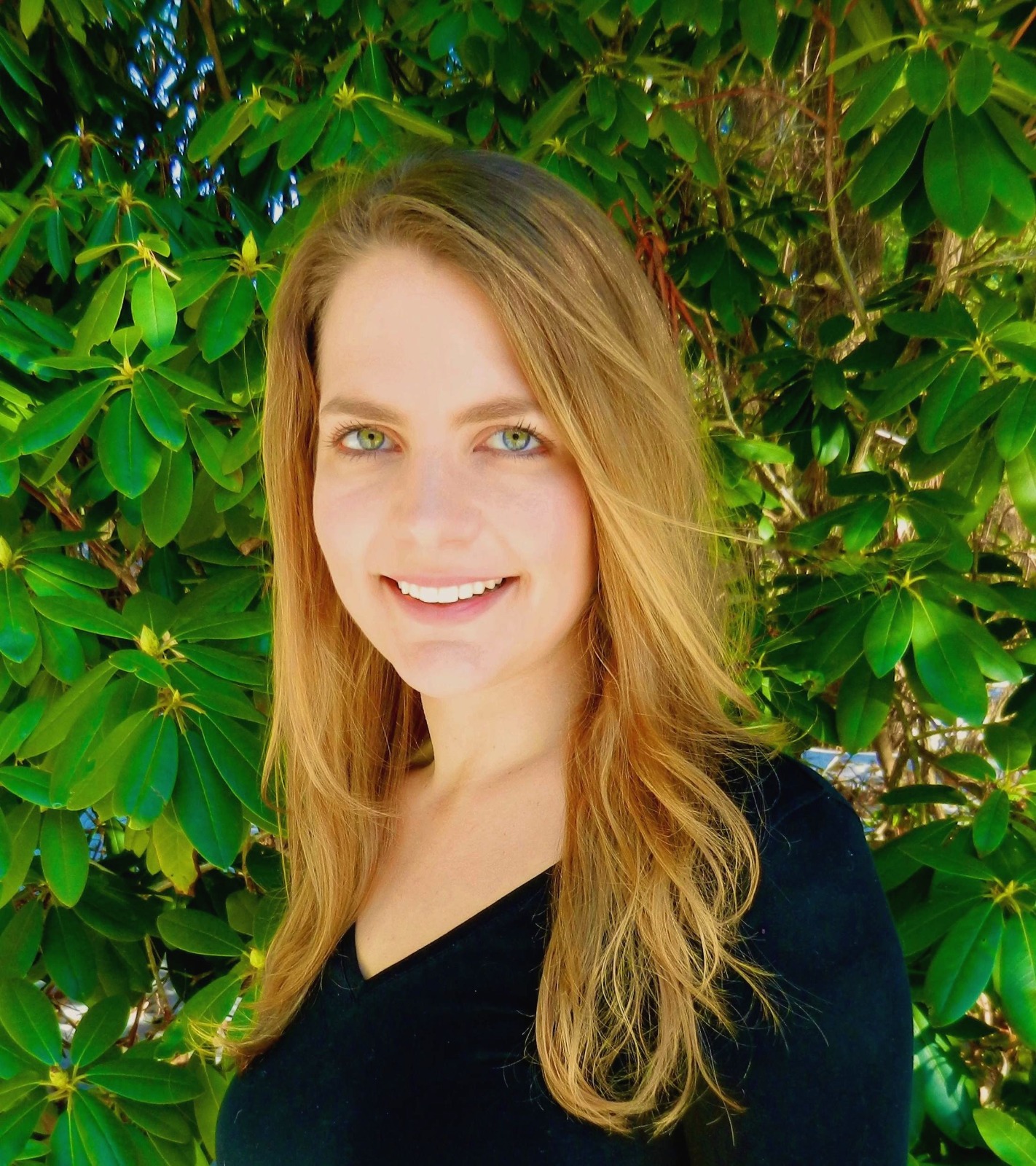Beyond Salah: Does Exposure to Muslim Celebrities Reduce Islamophobia?
Summary
Can exposure to celebrities from stigmatized groups reduce prejudice?
In our 2021 paper, we answer this question using the case of Mohamed Salah — a visibly Muslim, elite soccer player (Alrababah 2021). Using data on hate crime reports throughout England and 15 million tweets from British soccer fans, we find that after Salah joined Liverpool F.C., hate crimes in the Liverpool area dropped by 16% compared with a synthetic control, and Liverpool F.C. fans halved their rates of posting anti-Muslim tweets relative to fans of other top-flight clubs. An original survey experiment suggests that the salience of Salah’s Muslim identity enabled positive feelings toward Salah to generalize to Muslims more broadly. Our findings provide support for the parasocial contact hypothesis — indicating that positive exposure to out-group celebrities via the mass media can spark real-world behavioral changes in prejudice.
This result begs the question, however –- is Salah unique?
Under what conditions should we expect to see “Salah effects” among other Muslim players? Is there something special in Liverpool confounding the effect? Is there heterogeneity in fan responses that is relevant for policy? Perhaps most importantly — does Islamophobia take hold once more if Muslim players stop scoring? During our study period, Salah had an outstanding season at the individual, club, and national team levels. The external validity and mechanisms underpinning “Salah effects” thus remain unclear, limiting our understanding of how and when Muslim celebrities can reduce prejudice at scale.
Research Design, Data, and Outcomes
To answer these questions, we move away from the focus on one player in one country, and instead expand our data to include thousands of players in a 7-year period across 7 European countries: England, Germany, France, Italy, Spain, Portugal and the Netherlands. Replicating the event study style approach in Alrababah et al. 2021, we first collect data on identifiably Muslim players, and add variables on other player characteristics like nationality, ethnicity, and performance. We plan to scrape player data on ethnicity and nationality from games like FIFA and Fantasy apps, which we have successfully done for each of the 500+ players in the English Premier League as a proof of concept. Information on player religion comes from triangulating information from public sources, including players’ social media accounts, that indicate an affiliation with Islam or Muslim communities. Second, we use Twitter data made available to us by coauthor Julian Hinz – a sample of 1% sample of all tweets — to measure our main outcome of interest; the portion of tweets about Islam or Muslims that are Islamophobic. To identify relevant tweets, we begin by identifying all tweets about Muslims using a generic keyword search and using word2vec, a neural network that processes text, to find other relevant terms in the data. Successfully using this method in our prior study resulted in scraping 15 million fan tweets, filtered down to 44,000 tweets that reference Muslims specifically. We then take a sample of relevant tweets and train three native English speakers to code each tweet at anti-Muslim or not. Filtering on the Twitter users’ geolocation, and extracting their history of team follows, we know where fans are located and which team they support (and by extension, which teams they consider rivals).
Third, we study heterogeneity in Islamophobic fan behavior based on context-level variables like the ethnic composition of the fans’ home city, team-level variables like the earlier presence of Muslim players on the squad, and player-level variables like nationality, ethnicity, performance, and the salience of the players’ Muslim identity. To do so, we propose collecting original data on players’ behaviors (e.g. praying) when starting games and celebrating goals, as well as calculating an index for the “Muslimness” of the players’ name (based on the F-Index used to calculate name “Foreignness” among immigrants; see Abramitzky, Boustan and Eriksson [2020]). Finally, we aim to pin down causal mechanisms through an original survey experiment of English Premier League fans. To complement our observational analyses, we will run social media ads targeting soccer fans living in the U.K. We will randomize treatments that stress the salience of the players’ Muslim identity (high vs. low salience), their performance (good vs. bad), and their team affiliation (team vs. national). In doing so, we combine descriptive trends on how these factors correlate with fan behavior with causally-identified evidence.
Team
Salma Mousa (PI), Political Science
What does social cohesion look like, and how can it be built — especially after violent conflict? I partner with local governments and NGOs in the Middle East (and beyond) to answer these questions, typically using field experiments. Currently an Assistant Professor at UCLA’s political science department, my research has been published in Science and the American Political Science Review, and covered by media outlets like The Economist, the BBC, Der Spiegel, Freakonomics, the Times of London, and PBS NOVA. I received my PhD from Stanford University’s political science department in 2020, and my BSc from Georgetown University in Qatar. Before joining UCLA, I was an Assistant Professor of Political Science at Yale University. I am Egyptian and grew up around the Middle East — sparking my interest in identity, pluralism, and the status of minorities as a litmus test for democracy.
Ala Alrababah (Assistant Professor in the Department of Social and Political Sciences, Bocconi University)
Ala Alrababah is an Assistant Professor in the Department of Social and Political Sciences at Bocconi University. Previously, he was a Postdoctoral Fellow at the Immigration Policy Lab, ETH Zurich. He received my Ph.D. in political science from Stanford University in 2021. His primary research is in comparative politics and international relations with a focus on authoritarian media, political violence, and immigration and refugees. To study these topics, his research combines fieldwork with experimental and computational methods.
Gabor Bekes (Assistant Professor in the Department of Economics and Business, Central European University)
Gabor Bekes is an Assiociate Professor at the Department of Economics and Business of Central European University. He is also a senior research fellow at the KRTK Institute of Economics in Hungary, a research affiliate at the Center for Economic Policy Research (CEPR). He received his Ph.D. degree in 2007 from the Central European University and an MSc in Economics from the London School of Economics. His research is focused on internationalization of firms, agglomeration and location choice, supply chains and business groups.
Alexandra Siegel (Assistant Professor in the Department of Political Science, University of Colorado – Boulder)
Alexandra Siegel is an Assistant Professor of Political Science at the University of Colorado Boulder, a faculty affiliate of NYU’s Center for Social Media and Politics, and a faculty affiliate of Stanford’s Immigration Policy Lab. She received her PhD in Political Science from NYU in 2018. Her research uses social media data, network analysis, and experiments—in addition to more traditional data sources—to study mass and elite political behavior in the Arab World and other comparative contexts. She is a former non-resident fellow at the Brookings Institute, Junior Fellow at the Carnegie Endowment for International Peace, and a former CASA Fellow at the American University in Cairo. She holds a Bachelors in International Relations and Arabic from Tufts University.
William Marble (Director of Data Science at the Program for Opinion Research and Election Studies, University of Pennsylvania)
William Marble is the Director of Data Science at the Program for Opinion Research and Election Studies at the University of Pennsylvania. His research investigates how political geography, the economy, and social arrangements influence electoral coalitions and political attitudes. He also conducts methodological research, focusing on survey methods and measurement of public opinion. He received his Ph.D. in political science from Stanford University. In addition to his work at Penn, he serves as a Senior Elections Analyst with the NBC News Decision Desk.





